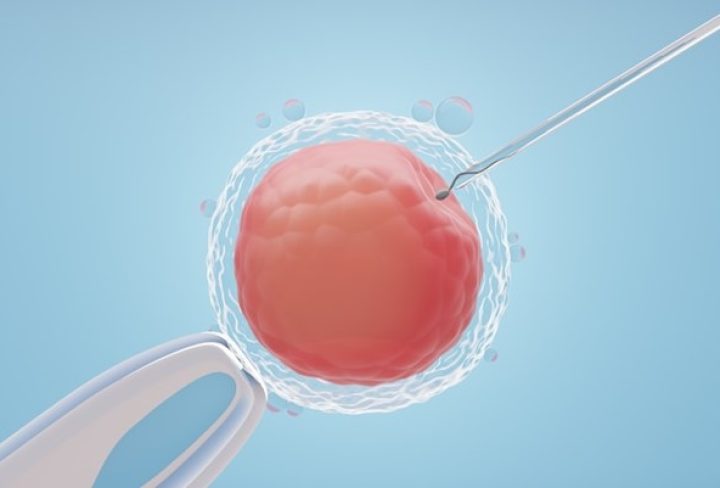In recent years, Intra-Cytoplasmic Sperm Injection (ICSI) has emerged as a game-changer in the field of Assisted Reproductive Technology (ART). ICSI is a specialized form of in vitro fertilization (IVF) that offers hope to couples struggling with male infertility, as well as those facing challenges in conventional IVF treatments. In this blog, we will delve into the concept of ICSI, explore the factors influencing its success rate, and shed light on why it has become a preferred choice for many couples seeking to start a family.
What is ICSI?
ICSI involves the direct injection of a single sperm into an egg, bypassing the natural fertilization process. The procedure is performed using a specialized micromanipulation technique that requires highly skilled embryologists. ICSI is commonly recommended when male infertility issues, such as low sperm count, poor sperm motility, or abnormal sperm morphology, are present. By directly introducing a healthy sperm into the egg, ICSI increases the likelihood of successful fertilization.
ICSI vs. Conventional IVF: The Success Rate
The success rate of ICSI compared to conventional IVF has been a subject of interest and research in the ART community. While conventional IVF involves mixing eggs and sperm in a culture dish and allowing fertilization to occur naturally, ICSI offers a more controlled and precise approach. This advantage is especially beneficial for couples dealing with severe male factor infertility.
ICSI has shown higher success rates in cases where male infertility is a significant contributing factor. The direct injection of healthy sperm into the egg increases the chances of successful fertilization, making ICSI a preferred choice in these situations.
Factors Affecting the Success Rate of ICSI
Several factors influence the success rate of ICSI. The quality of the sperm used in the procedure plays a critical role. If the male partner has enough healthy sperm with good motility and morphology, the chances of successful fertilization and embryo development increase.
Additionally, the age and overall health of the woman undergoing ICSI treatment can impact the success rate. Younger women generally have a higher chance of successful implantation and pregnancy.
The expertise and experience of the embryologist performing the ICSI procedure are also crucial. A skilled professional can handle the delicate process with precision and increase the likelihood of successful fertilization.
Understanding Risks and Limitations
While ICSI has proven to be a highly effective treatment for male infertility, it is essential to understand that it may not be suitable for every case. In some instances, despite successful fertilization through ICSI, the resulting embryos may not develop normally. It is crucial for couples to discuss the potential risks and limitations of ICSI with their fertility specialist and make informed decisions based on their unique circumstances.
Conclusion
ICSI has revolutionized the field of assisted reproductive technology, offering hope to couples facing male infertility challenges and providing a higher chance of successful fertilization compared to conventional IVF. Understanding the factors that influence the success rate of ICSI empowers couples to make informed decisions and explore the best fertility treatment options tailored to their needs. With the help of skilled professionals and advancements in ART, many couples can overcome infertility and realize their dreams of starting a family through ICSI.

